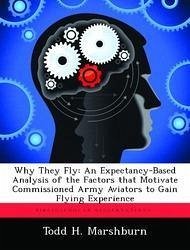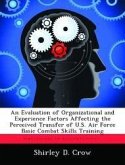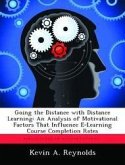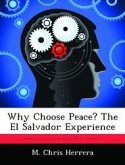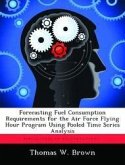Recent changes to Army publications have emphasized the importance of gaining flying experience, particularly in earning designation as pilot-in-command, for commissioned Army aviators. Based on those changes, this study evaluated the factors that motivate commissioned Army Aviators to gain flying experience. A sample of 44 aviators participated in the study. It was hypothesized that commissioned Army aviators were more intrinsically motivated (e.g., seeking competence, skill, challenge, and enjoyment) than extrinsically motivated (e.g., seeking master aviator badge, command selection, recognition from others, and promotion) to gain flying experience. A paired samples t-Test indicated that participants were more intrinsically motivated. Multiple regression analyses, however, indicated that intrinsic motivation did not significantly contribute to the prediction of either total flight hours or pilot-in-command hours. Since gaining this flying experience is considered a function of an aviator's self-development, and since intrinsic motivation is related to participation in self-development programs, implications of these findings were offered. Specifically, implications associated with barriers to self-development and recommendations for future research were identified.

